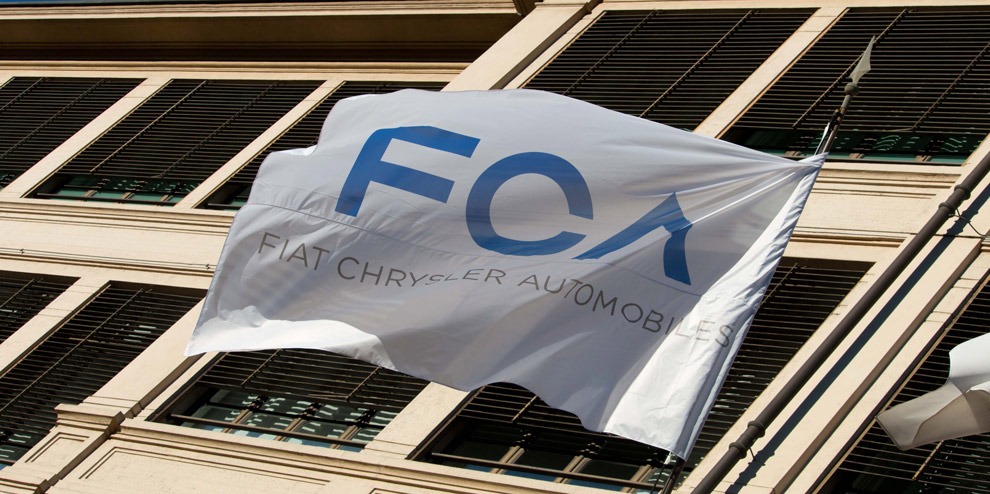FCA and Foxconn to establish EV venture
20 January 2020

20 January 2020
Fiat Chrysler Automobiles (FCA) and Foxconn are in talks to establish a joint venture to develop and manufacture electric vehicles (EVs) in China.
Foxconn is better known as the maker of Apple’s iPhone and is looking for ways to diversify its business into new markets. FCA is looking for routes into the EV market and is looking to China to establish itself and take advantage of the appetite for the technology from consumers in the country.
Diversifying portfolio
Both businesses would hold a 50% stake in the venture, develop and manufacture electric cars in China and run networks of connected wireless vehicles, the company said in a Taiwan Stock Exchange filing. A deal could be formally signed in the first quarter of the year.
While Foxconn relies on Apple for up to 50% of its profits, sales of iPhones have been declining in recent years. Meanwhile, the electric-vehicle market is slowly growing, and with various components coming from outside the traditional automotive market more important than ever, the business is looking to carmakers to help stabilise its income.
The group has invested in several Chinese companies involved in transportation and electric cars. They include ride-hailing group Didi Chuxing, battery maker CATL, and electric-vehicle companies Byton and Xpeng Motors.
Collaborative efforts
Chinese policies aimed at lowering emissions have forced several carmakers, including FCA, to think more about the development of EVs. The Italian manufacturer will launch its first electric model later this year, while its tie-up with PSA Group, expected to be formalised early next year, will help it to boost EV development – an area it has, until now, been behind in.
The joint venture is another example of collaboration in the automotive industry, with carmakers looking to partner either with each other, or external forces, to reduce costs and increase the pace of development of various technologies that will benefit their businesses in the long-term.